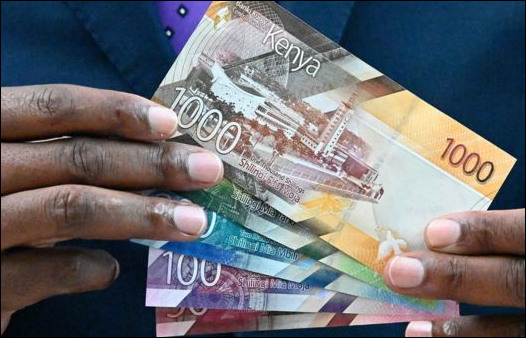
COVID-19 is turning the tables in the financial sector. What was once a tough, heavily regulated industry that had zero room for defaulters is now very accomodating and very generous to borrowers who have a history in defaulting their loans. Among the measures instituted by president Uhuru to help Kenyans survive the reality of COVID-19 was a directive to the Credit Reference Bureau to delist Kenyans who have been blacklisted in their system, so they can have access to credit even in this pandemic.
But as expected, financial institutions were not ready to welcome these black sheep and punished them with stringent term and conditions while applying for loans and unnecessary delays so they can crush their spirits. Some went on to charge high-interest rates to cushion themselves against high default rates. But those who go on with this tactic risk a fine worth Ksh2 million for every defaulter they deny loans to for being listed negatively with the country’s credit reference bureaus (CRBs).
“An institution that denies a customer a credit facility or any other financial service solely on the basis of a credit score shall be liable to a monetary penalty of two million shillings or such other sanctions under the Act, the Microfinance Act, 2006, or the Sacco Societies Act, 2008, as the Central Bank may impose,” says Treasury Secretary Ukur Yatani in the new CRB regulations.
More than 2.5 million Kenyans that have been negatively listed with the CRBs and Banks, SACCOs and micro-finance lenders have been unwilling to give them credit. This new regulation by the National Treasury is aimed at enhancing borrowers’ chances of being able to borrow more as the government has been expecting lenders to boost their cash flow of workers and firms afflicted by the effects of Covid-19 pandemic.
Lenders can only reject a loan application due to other factors beyond credit scores earned via CRB listing.



